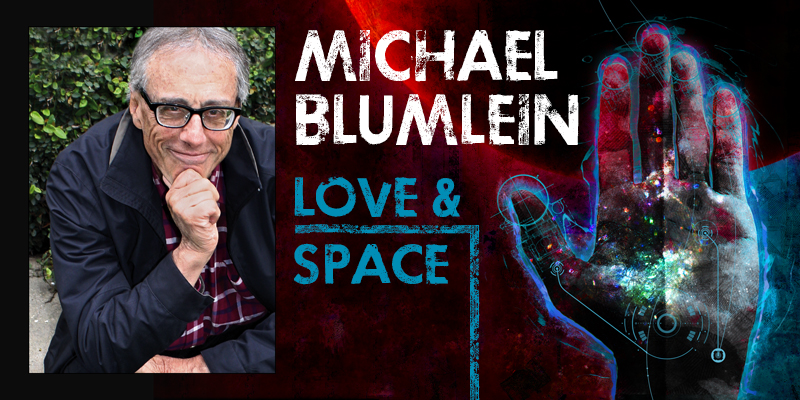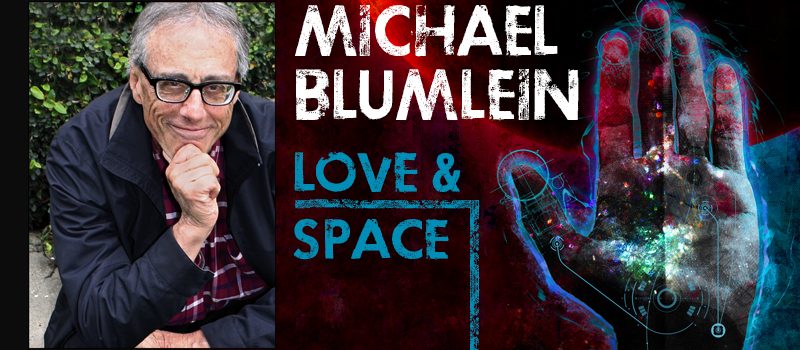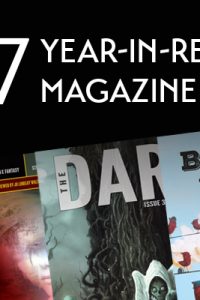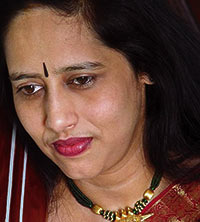Michael Blumlein: Love & Space

Michael John Blumlein was born June 28, 1948 in San Francisco CA. He attended medical school at the University of California, San Francisco and has worked as a practicing MD and member of the faculty at UCSF for decades.
His first SF story, “Tissue Ablation and Variant Regeneration: A Case Report”(1984) appeared in Interzone. Other notable stories include World Fantasy Award finalist “The Brains of Rats”(1986), Stoker Award finalist “Bestseller”(1990), Tiptree Award finalist “Fidelity: A Primer”(2000), and novella The Roberts (2011). Some of his short fiction was collected in World Fantasy and Stoker Award finalist The Brains of Rats (1989), What the Doctor Ordered (2013), All I Ever Dreamed (2018), and Thoreau’s Microscope (2018).
Debut novel The Movement of Mountains appeared in 1987, and was followed by X,Y (1993; adapted as a feature film in 2004), and The Healer (2005). He has also written for the stage.
Blumlein’s latest book is Longer (2019), about life-extension technology, life in space, and first contact.
Excerpts from the interview:
“I did premed because I knew I wanted to be a doctor, but while I was in college, I did as little premed and science stuff as I could – the absolute minimum. I did all the other stuff instead: drama, psychology (my major), poetry, politics. For a while I was an actor, and that was really fun and exciting – theater was my first love. Before college, I got hooked on it. My sister and I went to a production of a Bertolt Brecht play when I was 16 or 17, The Caucasian Chalk Circle, and it blew me away. I’d never seen anything like it.
“I went to college for a year, then said, ‘I can’t do this.’ I auditioned for the San Francisco Mime Troupe, which was in its heyday then. They did Brecht, and they brought commedia dell’arte to this new generation of people who’d never seen it before, and political theater, and agitprop. They were really funny and bawdy, performing outside in the parks, and I saw them and said, ‘These are my people.’ I came back to San Francisco and spent the summer working on my audition. I chose Cyrano de Bergerac, which is a very expressive and dramatic play. There’s a speech from Cyrano where he talks about his nose – Cyrano has this conspicuous and embarrassing nose that is his defining characteristic. Someone insults it, as they always do, and he just goes off, saying, ‘Oh my God, that’s all you can think of?’ He gives this long, ten- or 15-minute speech about how much better they could have insulted him. It’s inspired and hilarious. I auditioned with that, and they said, ‘Great, we love you – but not right now.’ They didn’t take me, so I went back to college. I think about that – if I’d gotten into that troupe, I would have had a completely different life.
“I got involved in theater in college, but I kept doing premed. I picked up the guitar, which a lot of people were doing back then. Drama faded into the background, and music became my creative outlet. After college I kicked around for a year, then went to medical school. While there, I joined a band. That was great fun but short-lived. I had a problem with turning my amp up too loud. We parted company, me and the band, but we stayed friends. 50 years later, I’m still friends with the band members, and I’m still playing my guitar.
“Ever since I can remember, I’ve had these two drives and these two loves: self-expression and helping people. They’ve always been there for me, and I managed to create a life where I could do both.
“In college I got involved with a bunch of poets who went on to become central players in the Language School of poetry. That was not my cup of tea, though I did write poetry in college. After college, I started writing stories. One of my first attempts came after I almost killed a patient as an intern. I prescribed a sleeping pill when I shouldn’t have. My mistake was caught in time, and the pill was never given. Making mistakes and having them caught is exactly the point of the hierarchical system of medical learning. In this case, all turned out well, but the experience left a mark on me, and I wrote about it. That was the beginning.
“I was thirsty for life experiences. Medicine gave me plenty, but I was also deeply involved in the arts and culture, and the political scene. In college I hung out in New York as much as possible. After college, I went back to San Francisco. This was in the ’70s and ’80s, when the city was just exploding with theater and music and political activism and gay rights and civil rights, and I was involved in a lot of that. A bunch of my friends were independent filmmakers, and I collaborated on a couple of films with them. One of the films, Decodings, got several awards. I wrote the screenplay for it. I was the narrator for another. I spent most of my time with poets, artists and rabble-rousers when I wasn’t being a doctor.
“The creative urge just can’t be bottled up. If you have that drive internally, it’s going to come out. It came out in my work in medicine, too – I did creative stuff as a doctor – but as a doctor, naturally, your behavior is constrained in certain ways. In my days of performance art, I did some stuff that was really out there, wild and crazy and in your face – disturbing to some people, but fun and exciting to me. Obviously, I couldn’t bring that into the office.
“When I started out writing, I was angry. Angry and passionate. Some of my fiction was just bursting at the seams. Now I’m older, and I’ve seen a lot, and my perspective has changed slightly. But I still get angry, and I still get passionate, and thank goodness for that.
“People called my early work horror, and that horrified me, because I never thought of myself as a horror writer. I don’t read horror, because it scares me. I’ll never watch a horror movie. I did as a kid, and they were absolutely terrifying. To be called a horror writer seemed unfair and unjust, and, frankly, wrong. People have said it was my voice. There’s a certain doctor’s voice I can fall into quite easily, which is very detached, very objective – the way that two doctors or health practitioners might talk to each other about a patient when the patient’s not there. It’s a kind of shorthand to convey information quickly and logically, and it’s focused on the most pressing problems. You might say, ’45-year-old man complaining of pain in the elbow.’ That voice is typically short on emotion. It rarely considers the whole patient. When you use it in fiction while talking about real people, it’s chilling to some readers. It feels inhuman, and therefore inhumane. That creeps people out.
“I suspect the other reason people think I write horror has to do with some of my content, where I talk about the actual physical parts of illness, describing what a body looks like, or how it smells, or falls apart – that’s upsetting to some people. Many people don’t want to think about their bodies in that way. They’re not opposed to worrying and complaining about their bodies, but they don’t want to get into specifics like, ‘There’s pus on my tonsils, or my stomach is eating itself, or that golf ball-sized lump on my back is full of cheesy fat, how cool is that?’ – they don’t want to talk about this. Me, I love talking about it. It’s how the body works, and this is fascinating. It doesn’t carry the weight of fear or anxiety for me. What’s important is to find out why something is happening, and how we can make it stop happening, and if we can’t do that, how we can at least make things better. Including those elements in my fiction disturbs some people, because they’re not used to thinking that way.”
Photo and interview design by Francesca Myman.
Read the full interview in the June 2019 issue of Locus.
 While you are here, please take a moment to support Locus with a one-time or recurring donation. We rely on reader donations to keep the magazine and site going, and would like to keep the site paywall free, but WE NEED YOUR FINANCIAL SUPPORT to continue quality coverage of the science fiction and fantasy field.
While you are here, please take a moment to support Locus with a one-time or recurring donation. We rely on reader donations to keep the magazine and site going, and would like to keep the site paywall free, but WE NEED YOUR FINANCIAL SUPPORT to continue quality coverage of the science fiction and fantasy field.







